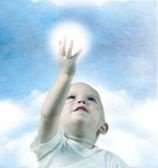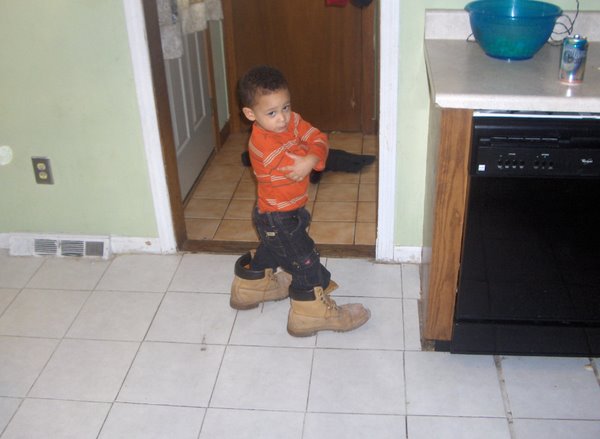The Development of a Capacity for Imagination in Early Childhood
Linda C. Mayes, M.D. and Donald J. Cohen, M.D.
Linda C. Mayes, M.D. and Donald J. Cohen, M.D.
Imagination as a mental capacity is part of a line of development that begins in the earliest symbiotic interactions between mother and infant, takes further shape as the child moves from dyadic to triadic relations, and culminates in a fully mature capacity to reflect upon in thought one's wishes and feelings vis-à-vis multiple others. Particularly for the 3-to 5-year-old child, imagination represents a special mode of mental functioning which allows him to expand his internal object world, motivates him toward increasingly complex relationships with others, and is a central precondition for the creation of the self-defining fantasies characteristic of the oedipal phase. The central neurocognitive precondition for an imaginative capacity is the ability to distinguish thought from action and understand that others as well as oneself are motivated to act because of mental states such as feelings, beliefs, and fantasies. In this paper, we present a view of imagination that integrates observations from psychoanalytically informed studies of the emergence of fantasy
http://www.pep-web.org/document.php?id=PSC.047.0023A








2 comments:
Another interesting article, thanks for finding it.
it's remarkable really how fantasy, imagination and play sculpt our development and experience in the world. Good researching Shannon, looking forward to more....
Post a Comment